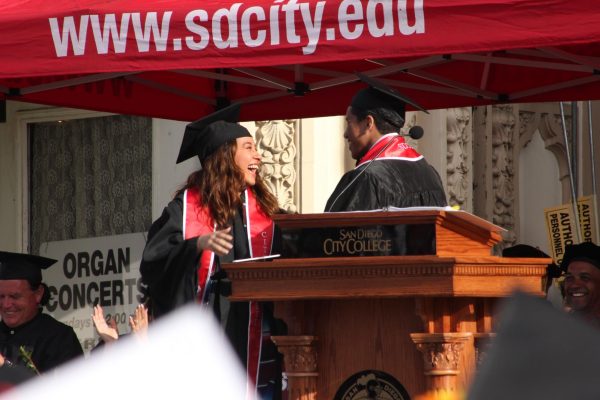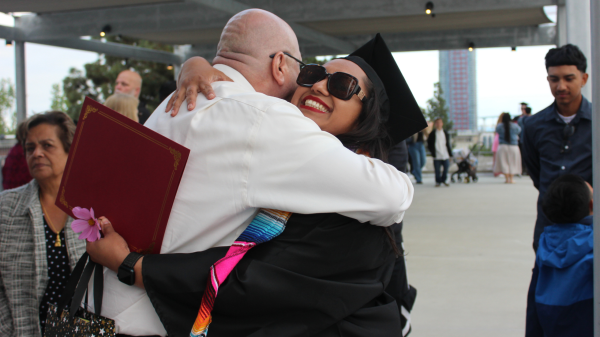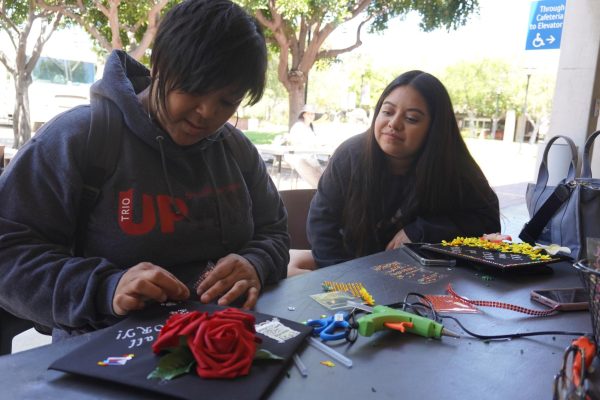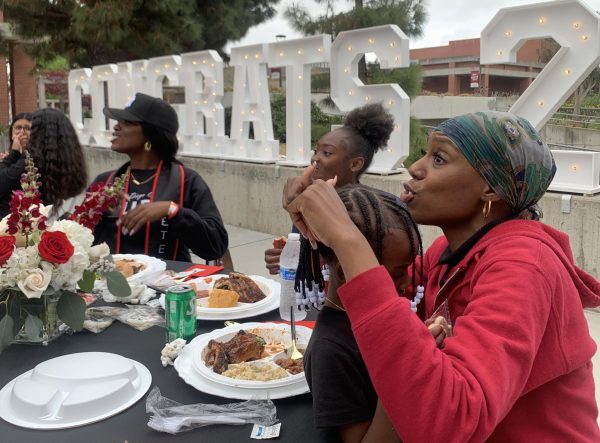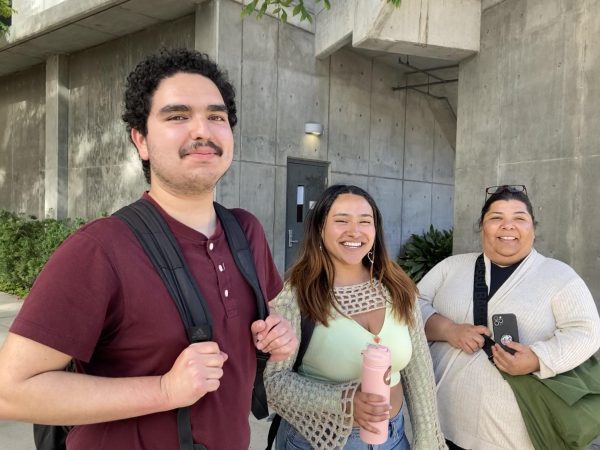City College students still have time to file taxes
The deadline has been extended to May 17
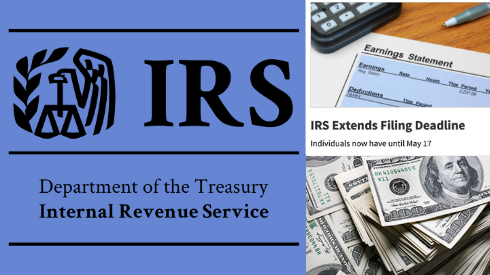
IRS changed the due date for filing taxes to May 17. Image from IRS website
May 4, 2021
Students at San Diego City College might wonder how or if they should file taxes before the deadline.
“I mean not a lot of people know how to do them or they’re not comfortable with it,” said Shana Carr, professor in the accounting department at City College.
On Jan. 12, tax season officially began, with the IRS processing individual tax returns.
Anyone living at home with their family or guardians can be claimed until age 19. However, if they are full-time students, the age requirement raises to 24.
For guardians, parents,and families the EITC (Earned Income Tax Credit), ACTC (Additional Child Tax Credit), and PATH (Projecting Americans from Tax Hikes) became available on Feb. 22.
In the first week of March, tax refunds begin being issued to those who qualify for EITC and ACTC.
April 15 was the normal deadline for filing individual tax returns, but due to the ongoing COVID-19 pandemic, it was extended to May 17, 2021, without incurring interest or penalties.
Single students earning more than $12,400 are required to file even if their $12,400 includes income from employment or unearned income, such as investments.
If you earn less than the $12,400, you should still consider filing to receive refunds for federal and withholding taxes.
To start the process, the required form 1040 can be found on the IRS’s website or click here.
Students who are employed should have received their W-2s, demonstrating any income or withheld taxes.
Recipients of student loans should use form 1098-T for tuition paid in 2020 and form 1098-E for student loan interest payments.
Tax filers have various forms available to them to accommodate different living situations.
As a college student, there are benefits to filing.
“I just think back to when I was going through college,” Carr said, “had I been aware of just simply filing my taxes to get back the money that I had put into state and federal, I would have had thousands of extra dollars to be able to use for rent, books and utilities. It would have taken some of the burden off of me.”
College students have two tax credits available to them. One of them is the Lifetime Learning Credit, which may pay up to $2,000 for educational expenses and the other is the American Opportunity Tax Credit, which yields higher returns up to $2,500.
For borrowers of student loans, which accrue interest, these loans are deductible up to $2,500.
In-person filing through the campus is closed in compliance with the California Department of Public Health and Cal/OSHA.
However, you can file electronically through the college’s partner Home Start or on tax websites. Services can be free for those who qualify.
If you’re a veteran or earn an adjusted gross income of $70,000 or less, you qualify for free services.
The IRS-sponsored program named Home Start allows students to receive federal and state returns. Simply call the county resource center at 2-1-1 and ask for an appointment with Home Start.
For outside services not provided by the school, the following sites are good resources: Turbotax. Taxslayer is a popular choice too, along with freetaxusa.com.
For those requesting an extension, the new deadline would be Oct. 15.
Further information can be found on the official site of the IRS.



